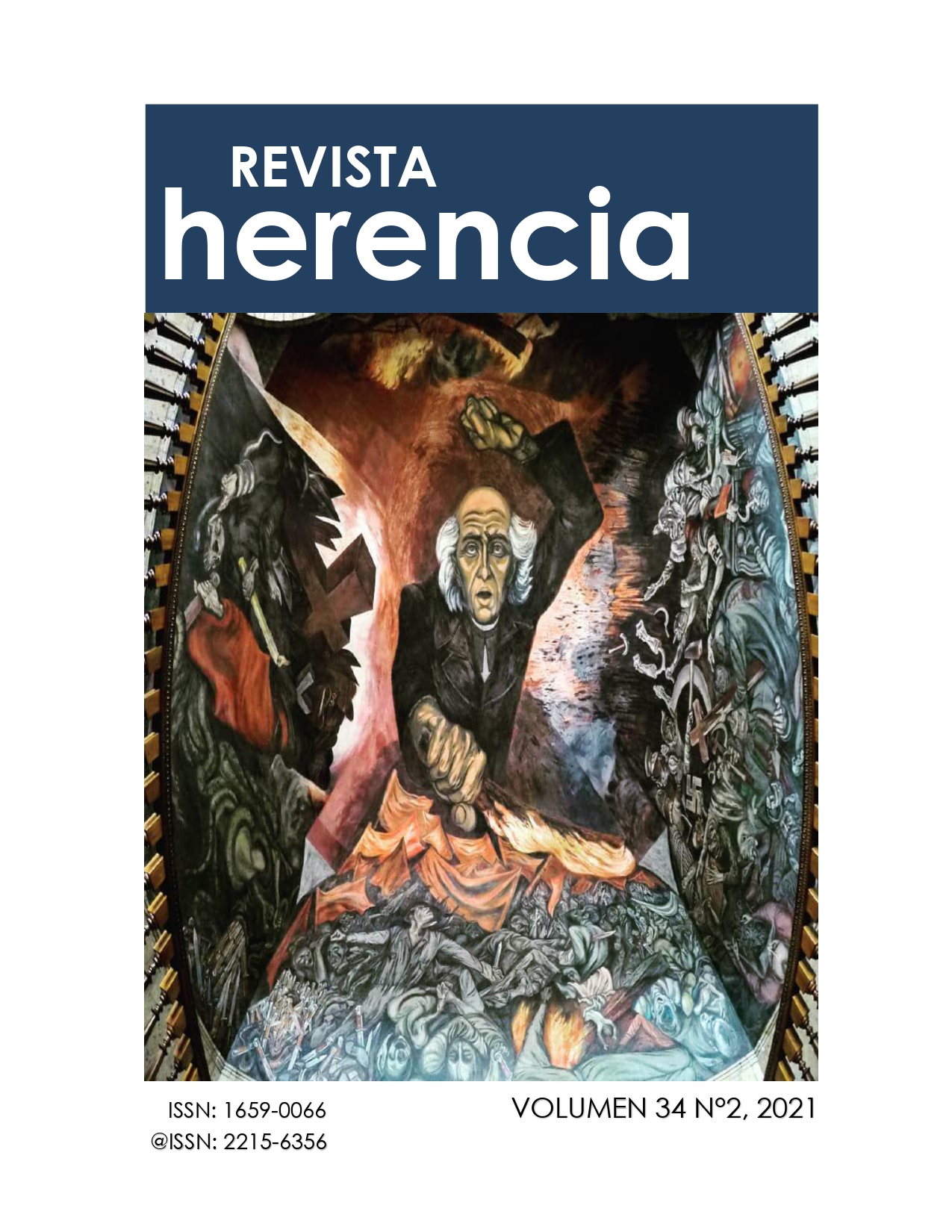Abstract
Received: 12-01-2021.
Approved: 25-03-2021.
This study presents a description of the sociocultural, gastronomics and nutritional aspects of the tamale in Costa Rica, based on a documentary review and 50 interviews carried out with people carrying the tradition, during 2014 and 2019. The tamalera tradition brings together a set of knowledge and practices of high cultural, productive and nutritional value. There are differences according to ingredients, procedures, names given in the localities, as well as in wraps and accompaniments at the table. It transcends the need to feed, and grants a sense of belonging and identity. The complexity in its preparation, the negative perception of its composition, the loss of the family inheritance of the recipes, the greater commercial offer of tamales and the food change with a predilection for other products, are among the aspects that most affect the tradition. However, it is valued as an artisanal food that preserves the familiar and irreplaceable flavors. This study constitutes an input for the development of comprehensive strategies that contribute to the conservation and dissemination of the country's food heritage.

